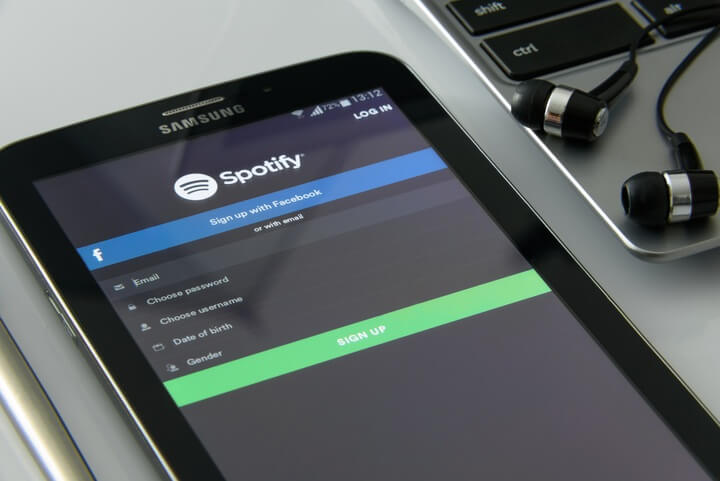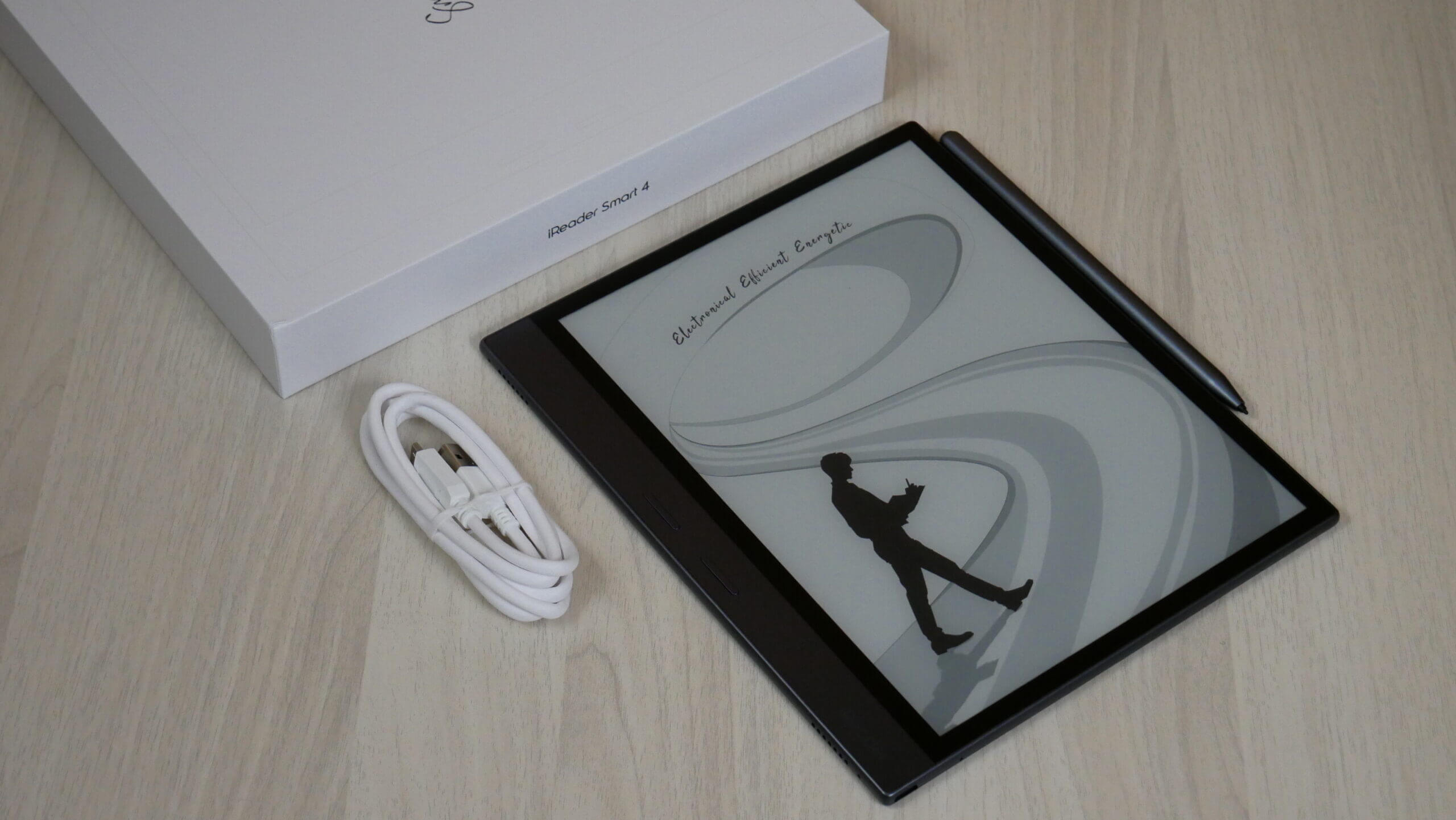
Spotify is one of the leading global platforms in music, podcasts, audiobooks, and more. But the recent launch of AI music in the voice of popular artists is welcoming controversy. The platform has confirmed working with labels to stop copyright threats from AI music. It will ensure that AI music flourishes while not harming its reputed artists.
The Growth of Spotify
The number of Spotify listeners has reached half a billion with the ability to preview music, podcasts, and audiobooks. Moreover, at this rate, it will have billion global users by the midpoint of 2027.
In a talk with analysts, Spotify CEO Daniel Ek said that the quarter-on-quarter (QoQ) evolution of Spotify was the second biggest in Spotify’s history. Also, the platform’s Monthly Active Users (MAU) in the firm’s average quarterly net is +29.5 million, an impressive annual run-rate of +118 million MAUs per year.
Other Takeaways from Ek’s Call with Analysts Today
After discussing massive success and new features like Spotify to start audiobook service soon, it also focuses on some concerns. For example, a recent controversy occurred when a track featured AI-generated vocals copying the voices of Drake.
This AI-generated music created a buzz around how this could be a copyright issue and a false display of credits. After the controversy, the platform immediately took down the music. The Universal Musical Group said, “[streaming] platforms have a fundamental legal and ethical responsibility to prevent the use of their services in ways that harm artists.”
Spotify is using AI music and launching its AI-powered personalized DJ service. But AI imitating the voice of authentic artists and creating new music is a big copyright issue that can take a toll on music companies and artists.
In reply, Ek said, “AI DJ… we’ve had nothing but positive reactions from across the industry”. He further stated that “[T]he AI pushback from the copyright industry, or labels and media companies, is really [concerned with] issues like ‘name and likeness,’ what is actual copyright, who owns the right to something where you upload something and claim it to be Drake [when] it’s really not, and so on. So those are legitimate concerns.”
Ek then affirmed that “obviously, those are things [Spotify is] working with our partners on to establish a position where we both allow innovation, but at the same time, protect all of the creators we have on our platform.”
On Spotify’s earnings call, Daniel Ek commented concerning AI’s relationship to music, “this is very early days, and it’s an incredibly fast developing space.” But, Ek added, “I don’t think I’ve ever seen anything like it in technology, how fast innovation and progress is happening in all the cool and scary things people are doing with AI.”
“But it’s important, on the risk side, not just for Spotify, but for our entire creative ecosystem, the question around copyrights and who owns what copyrights and what the fair way would be to attribute value when you’re doing things in name and likenesses situations or inspired by a certain artist, etc.”
Spotify has tripled its revenue in the past five years. The reasons are its great user interface, new features, and accessibility. In addition, the globally loved platform is developing new music with the help of AI. Certainly, AI is the future, but certain copywriting issues can create a problem. To deal with this, the CEO has assured necessary steps.
Navkiran Dhaliwal is a seasoned content writer with 10+ years of experience. When she's not writing, she can be found cooking up a storm or spending time with her dog, Rain.

